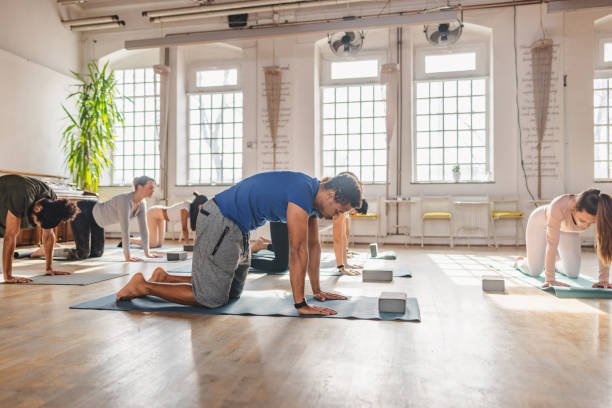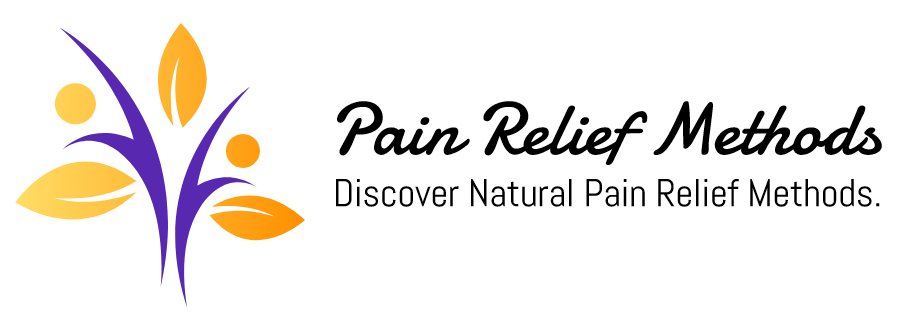Table of Contents
How Do I Relax My Chest From Anxiety?
Introduction
Anxiety can manifest in many ways, and a common experience is chest tightness or discomfort. This tightness can be scary, but it’s important to remember it’s often a symptom of anxiety and not a sign of a heart attack. This article explores various relaxation techniques to help loosen that tightness and bring a sense of calm to your body and mind.
Techniques To Relax Your Chest From Anxiety
-
Deep Breathing:
Deep breathing is a powerful tool for calming the nervous system and reducing anxiety symptoms like chest tightness. Here’s how to do it:
- Find a comfortable position, sitting or lying down.
- Close your eyes and focus on your breath.
- Inhale slowly through your nose for a count of 4.
- Hold your breath for a count of 2.
- Exhale slowly through your mouth for a count of 6.
- Repeat this cycle for several minutes, focusing on the rise and fall of your chest and abdomen.
-
Progressive Muscle Relaxation (PMR):
PMR involves tensing and relaxing different muscle groups in your body, releasing tension and promoting relaxation. Here’s a basic example:
- Start by tensing your toes for a few seconds, then releasing completely.
- Focus on the feeling of relaxation in your toes.
- Move on to tensing and relaxing your calves, thighs, buttocks, and so on, working your way up your body.
- Pay attention to the difference between tension and relaxation in each muscle group.
-
Mindfulness Meditation:
Mindfulness meditation involves focusing your attention on the present moment without judgment. It can help you become aware of your anxiety and chest tightness without getting caught up in negative thoughts.
Here’s a simple way to begin:
- Find a quiet place and sit comfortably.
- Close your eyes or focus on a single point.
- Notice your thoughts and feelings without judgment.
- If your mind wanders, gently bring your attention back to your breath.
-
Visualization:
Visualization involves creating calming mental images to promote relaxation. Here’s an example for chest tightness:
- Imagine yourself in a peaceful place, such as a beach or a forest.
- Focus on the sights, sounds, and smells of this place.
- See yourself breathing deeply and calmly.
- Imagine the tension in your chest melting away with each exhale.
-
Guided Relaxation:
Guided relaxation involves listening to recordings that lead you through relaxation techniques like deep breathing and visualization. Many free or paid guided relaxation resources are available online or through apps.
Additional Tips
-
Focus On Your Senses:
Engage your senses to distract yourself from anxiety and chest tightness. Notice the sounds around you, feel the texture of your clothing, or taste a piece of fruit.
-
Gentle Stretches:
Light stretches can help release tension in your chest muscles and improve circulation.

-
Seek Professional Help:
If anxiety and chest tightness are persistent or significantly impacting your daily life, consider seeking help from a therapist who can teach you coping mechanisms and address the underlying causes of your anxiety.

FAQs On Anxiety-Related Chest Tightness
-
Is Chest Tightness From Anxiety Dangerous?
In most cases, chest tightness from anxiety is not dangerous. However, if you experience other concerning symptoms like shortness of breath, sweating, or pain radiating to your arm or jaw, seek immediate medical attention to rule out a heart attack.
-
How Quickly Do Relaxation Techniques Work For Chest Tightness?
The effectiveness of relaxation techniques can vary depending on the individual and the severity of anxiety. Some people may experience relief within minutes, while others may need more consistent practice.
-
Can Exercise Help With Anxiety-Related Chest Tightness?
Regular exercise is a well-known stress reliever and can help reduce anxiety symptoms, including chest tightness. Aim for at least 30 minutes of moderate-intensity exercise most days of the week.
-
Are There Any Foods Or Drinks I Should Avoid To Manage Chest Tightness?
Caffeine and alcohol can worsen anxiety symptoms, so consider limiting or avoiding them.
-
What Medications Can Help With Anxiety-Related Chest Tightness?
There are medications available to treat anxiety, but these should be prescribed by a doctor. Therapy is often a first-line treatment for anxiety, with medication used in conjunction in some cases.

Conclusion
Remember, anxiety-related chest tightness is usually harmless, but it can be uncomfortable and distressing. By incorporating relaxation techniques like deep breathing, PMR, and mindfulness meditation into your daily routine, you can effectively manage your anxiety and find relief from chest tightness. If your anxiety is severe or persists despite self-care efforts, don’t hesitate to seek professional help from a therapist or counselor. With the right tools and support, you can learn to manage your anxiety and live a calmer, more fulfilling life.
References
- Anxiety and Depression Association of America - Provides information and resources on anxiety disorders.
- National Institute of Mental Health - Offers resources and information on anxiety disorders, including treatment options.
- Mayo Clinic - Provides trusted information on a wide range of health topics, including anxiety and relaxation techniques.
Discover more from Pain Relief Methods
Subscribe to get the latest posts sent to your email.
